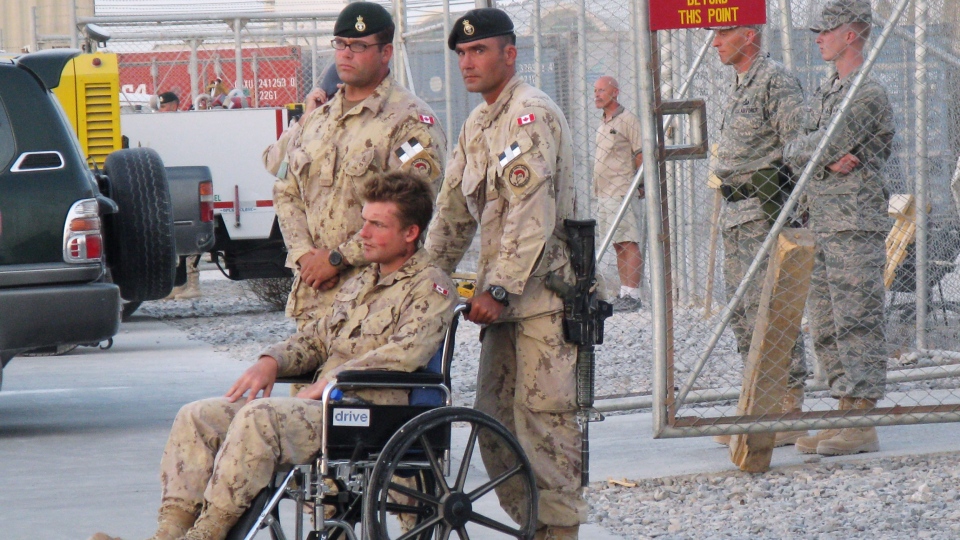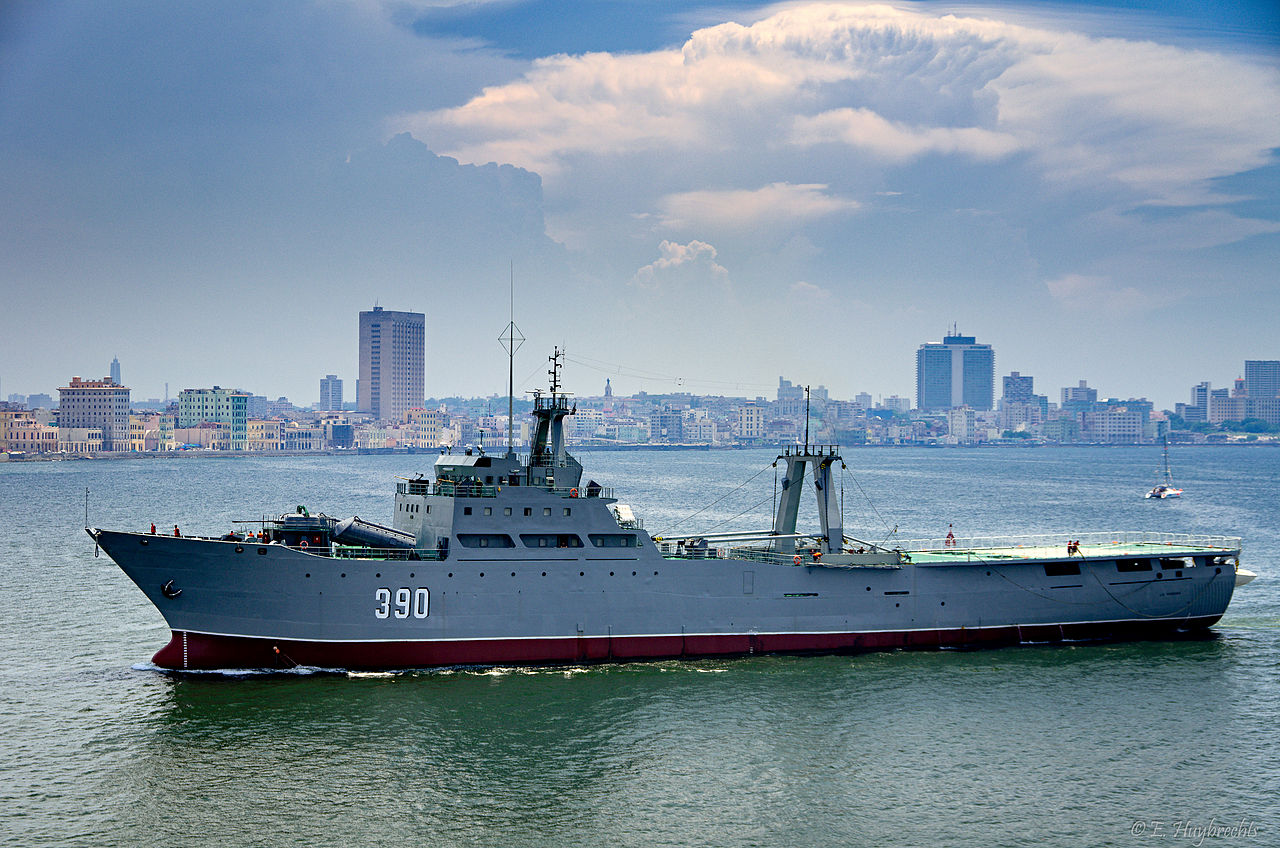In the ministerial mandate letter addressed to the Honorable Harjit Sajjan, Minister of National Defence, there are a variety of policy objectives related to procurement, professional conduct, suicide prevention, and replacing the Canada First Defence Strategy. Among the significant strategic objectives outlined in the letter are the provision of military training operations and the fulfillment of obligations to international partnerships such as the United Nations (UN) and the North Atlantic Treaty Organization (NATO). The Liberal government’s decision to fall short of Canada’s NATO spending targets in their first federal budget calls into question how committed the government is to these obligations. Despite this initial discrepancy between the government’s intentions and actions, there is an opportunity to contribute to both of these strategic objectives by investing in and expanding the Canadian Special Operations Regiment (CSOR).
CSOR is a highly specialized and an adaptable element within the Canadian Special Operations Forces Command (CANSOFCOM). CANSOFCOM is comprised of approximately 1900 members, who are divided between CSOR, Joint Task Force 2, 427 Special Operations Aviation Squadron, and the Canadian Joint Incident Response Unit. Since CSOR’s formation in 2006, the Petawawa-based unit has contributed to Canada’s reputation as exceptional military trainers. This has been achieved by conducting numerous training operations with foreign militaries all over the world. CSOR training operations improve the combat, and counter-terrorism capabilities of foreign militaries, which in turn enables them to neutralize regional threats before they become an international crisis. Empowering other nations to better address issues such as narcotics trafficking, hostage situations, and terrorism improves domestic and international security, and reduces the frequency with which Western nations need to engage the threats directly.
CSOR has been involved in numerous training operations, which dramatically illustrate this mutually beneficial relationship. In 2008, CSOR began training an elite element of the Jamaican Defence Force; the following year this training saved Canadian lives. In April 2009, a gunman boarded a CanJet aircraft with 150 passengers returning to Canada. While the airplane was grounded at the Montego Bay airport, Jamaican soldiers who had received training from CSOR infiltrated the plane and freed the crew, saving everyone on board, including the gunman.
CSOR training missions are frequently part of larger international operations such as the U.S led Flintlock Exercise, which began in 2005. Flintlock is an annual international training operation in which militaries from nations along the Sahel region of Africa receive training from Western militaries. This allows militaries in the region to improve their skills and their interoperability. In 2011, 14 members of CSOR made up Canada’s first contribution to Exercise Flintlock; in February 2016, CSOR sent close to 100 trainers to Senegal where approximately 1700 soldiers participated in Flintlock. As terrorist groups like ISIS, Boko Haram and Al Qaeda in the Islamic Maghreb expand their actions in Africa, exercises such as Flintlock become increasingly important.
CSOR is currently participating in Operation Impact, Canada’s contribution to the U.S-led Operation Inherent Resolve. Op Impact contains a major training component with members from CSOR training Kurdish Peshmerga and Iraqi Security Forces (ISF) to fight ISIS. The training that Canadian soldiers are providing includes combat medical training, advanced tactical battlefield skills and specific combat skills like mortar and sniper training. Under the tutelage of Canadian soldiers, the ISF snipers improved their effective range fourfold while the best ISF snipers did so tenfold. The government demonstrated its awareness of the value of CSOR, when it tripled the number of trainers and advisers deployed to Iraq for Op Impact. Training and supporting the Peshmerga and ISF is enabling them to defeat ISIS without a substantial Western ground combat element.
Special Operations Forces and NATO
A key initiative of the 2014 NATO Wales Summit was the establishment of a Special Operations Component Command headquarters. The 2015 NATO Secretary General’s Annual Report discusses the value of these Special Operations Forces for training purposes as well as for NATO operations. The NATO Response Force (NRF) is an immediate reaction force with marine, air, land and special operations components; available for rapid deployment anywhere NATO operates. In 2015, the NRF expanded significantly from 13,000 to 40,000 members. Within the framework of NATO, there are numerous opportunities for special operations soldiers to contribute. Canada would be better suited to provide a significant contribution to their NATO requirements, with an expanded CSOR.
Increasing the funding to CANSOFCOM to augment the number of CSOR members would allow for more international training missions as well as a greater contribution to the growing Special Forces requirements within NATO. These are strategic objectives, both of which are outlined in the Minister of National Defence’s mandate letter.
However, expanding and investing in CSOR could be politically inconvenient for the Liberal government, as this was a 2015 election campaign promise made by the previous Conservative government. The former defence minister, Jason Kenny, was keen on increasing the 1900 members of the CANSOFCOM by 665, at a cost of $75 million. Whether or not the Liberal government will invest in expanding CSOR remains to be seen. If it is committed to increasing Canadian military’s focus on training operations and contributing to our international partnerships, investing in CANSOFCOM and CSOR represents an optimal way to achieve this.



